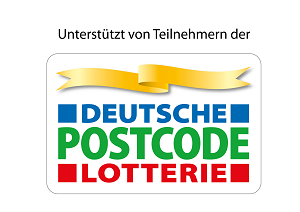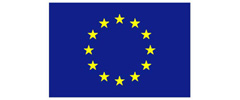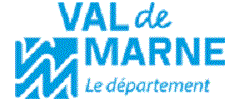WECF represents Eco Forum in Moscow
Statement for the WHO Health Ministers Regional Committee Meeting in Moscow (12-17 september) by Olga Speranskaya, Sascha Gabizon (WECF) and Genon Jensen (HEAL)
30.08.2010 |WECF
Today more than ever, increased political action and public education is needed to address the environmental health challenges of our time. The extreme weather events (heatwaves in Russia and forest fires, flooding in Poland, Germany to name a few) related to climate change and the impact on people's health, as well as our increasing knowledge and evidence on long term impacts on low dose, chemical exposure and high level concentration of suspended particles and the health impacts of environmental mismanagement show the intrinsic linkage of environment and health. These challenges need to be managed in an integrated manner involving all stakeholders in order to prevent future disasters and protect especially the health of our children, and future generations.
The challenges are also strategic opportunities for the health sector to take forward prevention policies on the environmental front, and reduce the environmental impacts on public health and costs to health care systems with rising numbers of chronic diseases. For example, a recent study by the American Cancer Society shows for the first time that cancer treatment cost globally 895 billion dollars in 2008, that is 1,5% of the world GDP, and makes it one of the diseases that has the greatest impact on the economy. In 2010 cancer is set to become the first cause of mortality according to WHO figures. Respiratory diseases are also on the rise in the European Region.
The Parma Declaration and Commitment to Act declaration offer an ideal framework to bring prevention into policies and make a significant difference to reducing ill health and death, as well as rising healthcare costs as it addresses all of these issues. The results of Parma also represent a unique opportunity to bring real leadership to the policy process on E&H with the new ministerial EHMB body which is being created. We welcome that this E&H process has not been shy to address issues which are complex in nature and in some countries have a strong economic lobby.
Policy makers have to set incentives for sustainable management of environmental resources, and for preventive action to protect human health. The health sector can play a leading role in this and we welcome the mention of energy efficient health services and urge member states to implement the Framework for Climate Action. This is one example of wider Green Economy concept which is so important because it takes the health benefits of healthy economic processes into the overall financial picture, as well as the costs of health burden from unsustainable management of environmental resources. The environment and health story brings these issues and home and helps the public to understand that prevention and sustainability are important, not just for the planet but for their own health and the health of their community.
Citizens expect political leaders to act on existing and emerging threats to E&H: These actions can't be a top down process, but have to include bottom up in the form involvement and collaboration with NGOs in the new structures.
So we feel that in addition to mentioning in the draft WHO resolution the involvement of youth, we call on member states to continue to support the continued involvement of civil society through their representative environmental and health NGO networks. We are pleased to see that they are explicitly mentioned in the formation of the technical body, the EHTF composition and look forward to contributing to this valuable body. But we would like to see the recognition of their crucial role also when outlining the way forward in points 10d and 11c of the declaration. Additionally, NGOs along with other stakeholder groups should also be given an observer status in relation to the EHMB.
From the beginning of E&H process, NGOs played essential role in ensuring the success of the process towards reaching healthy environments. Achievements include for example the CEHAPE targets and good practice awards, and building up resources for grass level projects and initiatives to turn policies into real improvements in people’s lives . NGOs are fully committed to bring their expertise and voice of the public into the new structures and processes, and we look forward to working with you to ensure health and wellbeing and a healthy planet for all.
Related News
Calling for periods free from plastic & hazardous chemicals
Letter to Frédérique Ries, MEP, European Parliament on behalf of the #BreakFreeFromPlastics movement
04.09.2018
Policy Dialogue On Sustainable Development, Health and Social justice in Tirana, Albania
Linking the Ostrava Declaration of the European Environment and Health Process to SDGs Agenda 2030
10.03.2018
WECF participated at WASH symposium in Uganda
From June 20th-23rd, a WASH symposium was held in Kampala, Uganda. WECF participated in cooperation with our local partner organization ARUWE and we presented our water, sanitation and energy projects in Uganda.
23.06.2016
We've made it - overwhelming success of our crowdfunding campaign!
In the last 4 weeks we run a crowdfunding campaign to collect 4.000€ to finance 15 Biogas Toilets for deprived families in Uganda. Thanks to your great support we can now build even more!
22.06.2016







































